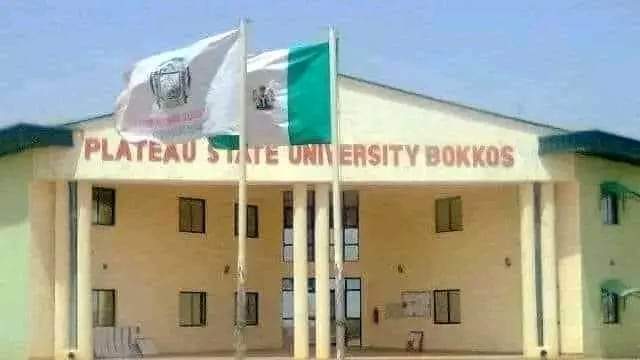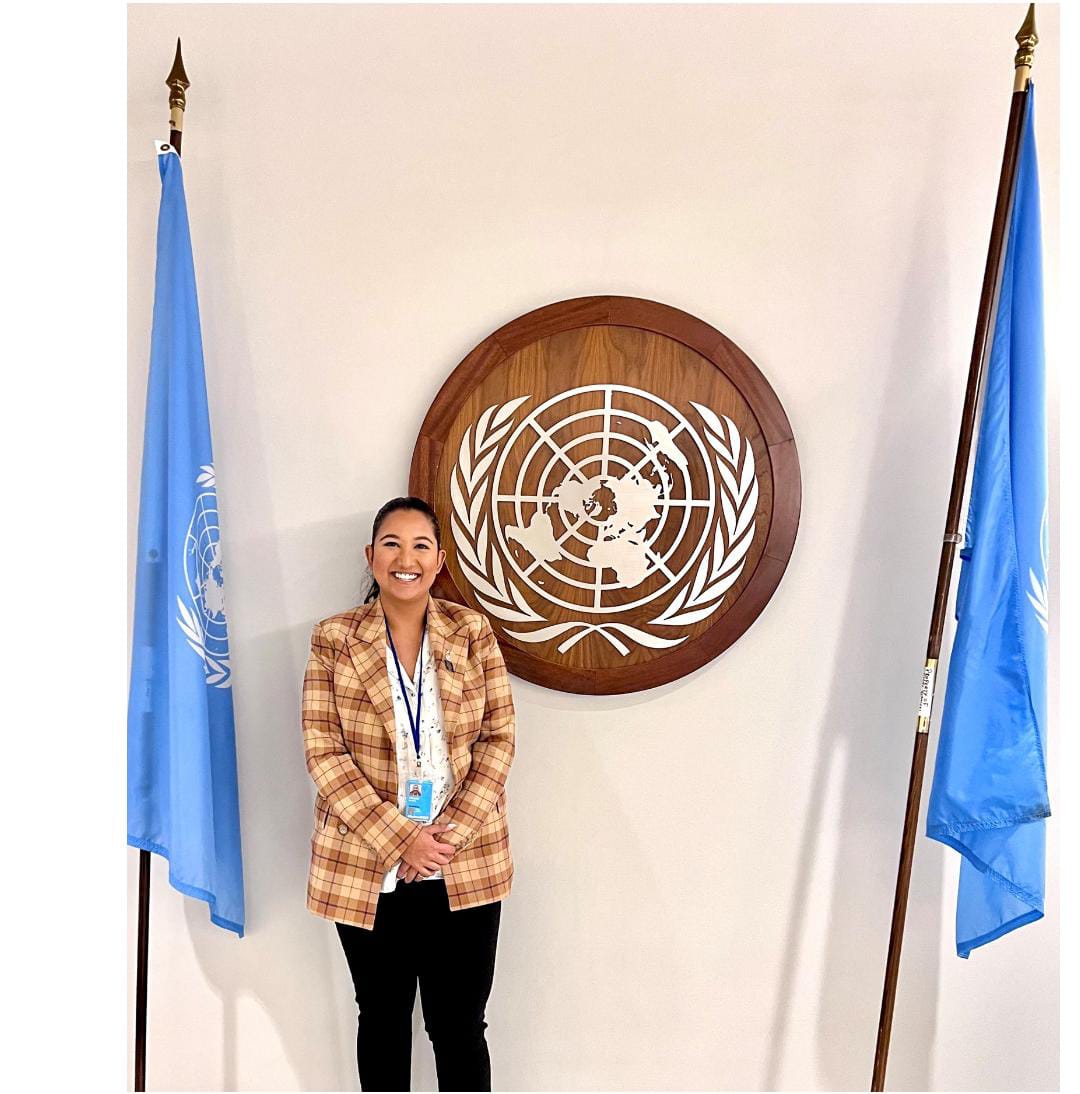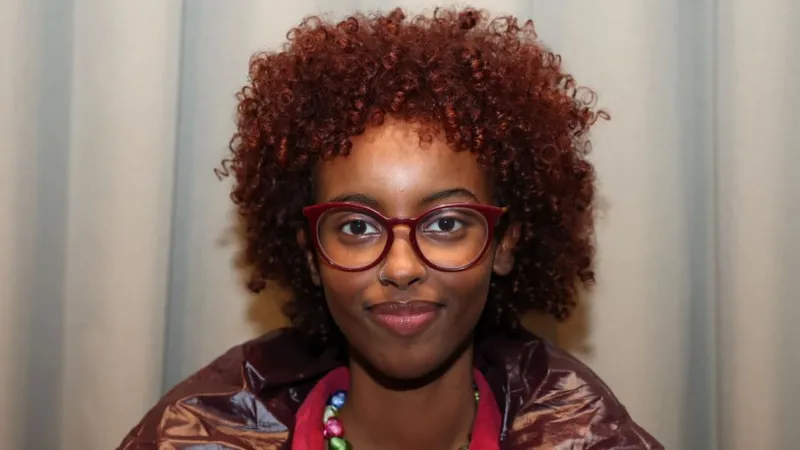Last week, specifically on Nov. 19 – 21, 2019, the World Innovation Summit for Education (WISE) had her biennial global summit on the theme: UnLearn ReLearn: What it means to be Human.
It was a gathering of 3,000 delegates from 110 countries with 200 speakers in 150 sessions. In this interview, I sat with disruptor of higher education, and breaking into Asia. Her name is Elizabeth Dearborn Hughe – EDH for short. She is the CEO and co-founder of Davis College, a global network of universities that prepares young leaders to solve the world’s most pressing challenges. Elizabeth has spent more than a decade working in higher education in East Africa and co-founded the Akilah Institute, the only college for women in Rwanda. Akilah is one of six winners of the 2019 WISE Awards.
In this interview with Edugist, I sat with EDH at the media lounge of WISE summit to discuss her decade-long experience of founding and running the only college for women in Rwanda. According to her, Akilah story shows we can redefine the traditional education in Africa and even Asia to be accessible, affordable and scalable. This is the thrush for her next adventure, Davis College, a unique hybrid of a liberal arts education with applied and technical curricula. Davis combines competency-based academic programs with a customized, data-driven learning model to actualize practical experience and equip students with the tools needed to thrive in their chosen careers.
Straight to the conversation!
Elvis Boniface of Edugist: How do you feel being one of six beneficiaries of WISE awards?
Elizabeth Dearborn Hughes: It’s an amazing honor. I think that WISE has done an incredible job in bringing about a world summit of education and innovation. So, of course it’s a great opportunity to be recognized alongside other education leaders. And the process for being selective is quite rigorous. So really, there were three. And that announced us of our curriculum, pedagogy and outcomes. We felt really proud when we were selected.
Proud to accept the WISE Award from the Qatar Foundation @qf on behalf of the @akilahinstitute and @DavisCollegeEdu community. 🥰
“I was 21 when I moved to Rwanda. I was too naive to understand that traditional exclusive higher education is not designed for students like the 👇 pic.twitter.com/t4uomlZzvN
— Elizabeth Dearborn Hughes (@EDearbornH) November 20, 2019
EB: Education globally is multifaceted. In Africa, we do not seem to have a working model. What we have in Africa is people trying different things. What inspired the particular focus for Akila, especially on women?
EDH: I would answer that in three ways. One, the reason we decided to focus on women is that, at the time we began ten years ago in Rwanda. There was loss in study percent of university students who were female. So, the opportunity for the female education were very limited. And that was filling for the last ten years. But we really wanted to create a unique environment for female students. Where they can really feel comfortable and confident to ask questions and take very bold steps as leaders.
And global research shows that our women in universities and colleges have reached the peak of their career, attaining successes at top platforms of leadership and confidence. And secondly, we really wanted to build an economy around a new industry, technology, data, cyber security, and business. And those are fields that generally women are underrepresented globally. There are lesser women working in computer programing and in technology generally. And so, by building our own campus, again we really wanted to encourage women to go into fields that they might not otherwise have to proceed to.

EB: So, Akilah was founded to provide market relevance to education and career development to promising young female leaders. In an honest review, to what extent has this mission been achieved?
EDH: So, we’re very focus on our KPI’s outcome and measuring our impacts. So, 88% of our alumni launched their career within six months of graduation. And they earn twelve times the nationally medium earning. So, we closely track their income levels, via outcomes. I believe that we’ve done very responsible and well. We are especially proud of our model. We are excessively focused on affordability and exhaustibility. Because we’re taking in students who otherwise would not be anywhere. And I think that with all due respect, there are excellent institutions in Africa, east Africa, that provides need in education for a very high price. Those institutions are important, they play an important role in the society. But they are not accessible for 95% of the population. And so, if we really want to go with the model that is accessible, affordable and scalable, then we will have to redefine the traditional higher education. And that means redefining everything; from faculty, structure of curriculum, development of facilities, every trail of how we work. So, we can keep our quality high and our cost low.
EB: So, what has been your major challenge(s) in the last ten years?
EDH: I think to answer that question: how do you maintain high quality and outcomes through employability but also partnerships and still keep the cost low to accommodate these women? Because redefining the model like I explained takes a lot of focus and discipline to really analyze every single dollar, how we are using our resources to really focus on curriculum, pedagogy and the faculty development. An example of that is we don’t have big student facilities, and sports fields yet. We don’t have all the big open spaces that universities traditionally have. Not because they’re not beautiful, they are beautiful but they’re expensive. So, we put all of that money into the product and the academics.
EB: Your cost is quite affordable. Is Akilah being sustained from what you get from students or are there other funding options?
EDH: We have raised significant amount of funding. Right now, only tuition cannot sustain our operations. So, we’re still raising from individuals, family foundations and philanthropies to cover that gap. But in three years from now, our Rwandan campus will be one hundred percent self-sufficient through tuition. So, that means we’re still keeping our tuition low, lower than other private universities. And we offer a unique income sharing model, so students can take loan to finance their education and pay back when they graduate and start working.
EB: Any other thing you wish to share with people across the continent?
EDH: One thing we’ve got that is really important about our model is our competency-based education. So, that means it’s a totally different design of a curriculum design assessment than a traditional university. You have to prove the mastery of your competency before you can move on in the class. In a traditional university, students sit in large chairs and they just cram information. And then they have to regurgitate that during exam. But have they really learned that material? And more importantly, can they apply it to a real-world project? So, that is what competence-based education is about. We would take the contents and devise it into the competency. So, you can prove, demonstrate that through a number of different ways. But this means that our students truly understand what they’re learning in the classroom. And can apply it in the outside world and not just some contents knowledge and passing examination.









